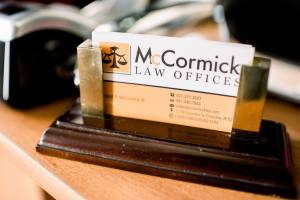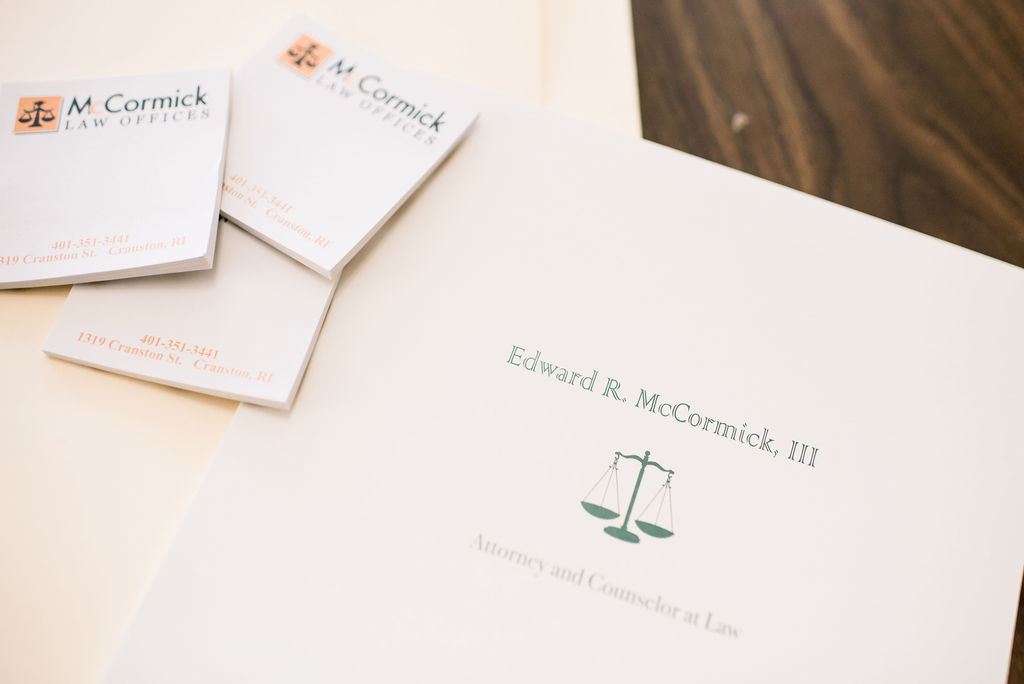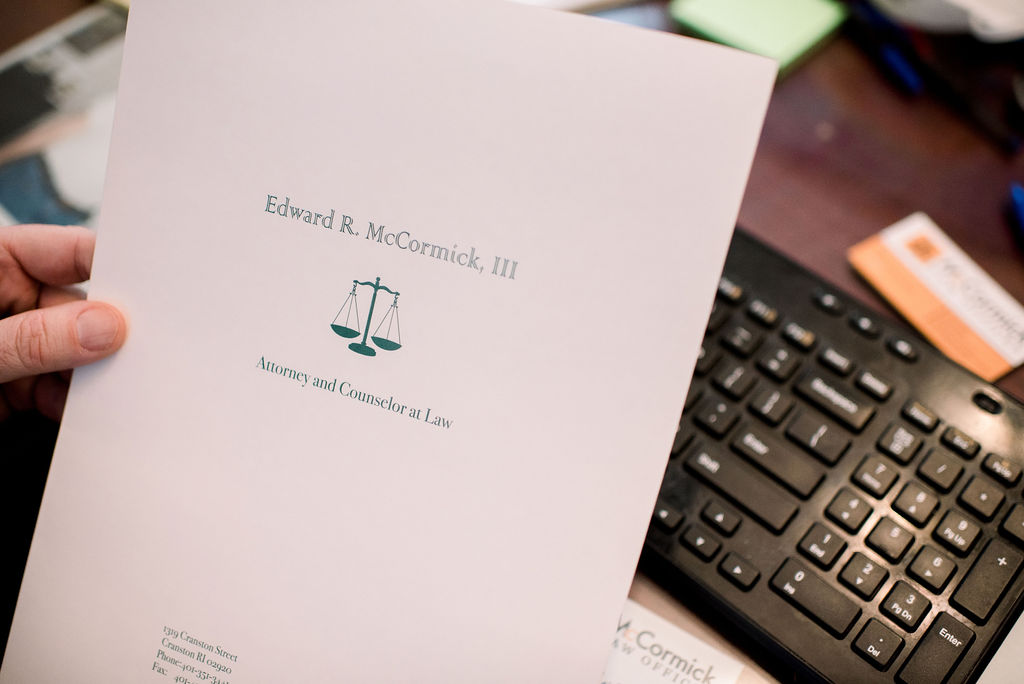Why Real Estate Often Goes Through Probate
In Rhode Island, most real estate held solely in the name of a deceased person cannot be transferred to heirs until it passes through the probate process. Probate is the court-supervised legal procedure used to validate the will, pay debts, and distribute assets—including real estate.
Unless the property was owned jointly with rights of survivorship or placed into a trust, it becomes part of the probate estate.
Step-by-Step: What Happens to the House
1. Filing for Probate
The executor named in the will (or an administrator if there is no will) files a petition with the local probate court. This opens the estate and begins the legal process.
2. Inventory and Valuation
The executor is responsible for listing and valuing all estate assets, including the home. An appraiser may be used to determine fair market value.
3. Debt Payments and Liens
Before heirs can receive property, the estate must pay off outstanding debts, taxes, or mortgage balances. If the home is heavily encumbered, it may need to be sold to satisfy creditors.
4. Property Maintenance During Probate
The executor is responsible for maintaining the home while probate is ongoing. That includes paying the mortgage, insurance, taxes, and utilities using estate funds.
5. Transfer or Sale
Once debts are settled and the court approves, the house can either be:
- Transferred to heirs per the will
- Sold and the proceeds distributed among beneficiaries
If there’s a dispute, such as multiple heirs wanting the property or someone contesting the will, probate may take longer or require court intervention.
Can You Sell a House While It’s in Probate?
Yes—but only under certain conditions. In Rhode Island, the executor can sell real estate during probate, but they may need court approval depending on the terms of the will and objections from beneficiaries.
Working with an attorney ensures proper notice is given, proceeds are handled legally, and all court rules are followed.
How Long Does Probate Take for Real Estate?
Probate in Rhode Island typically takes 6–12 months, but real estate can cause delays if:
- The will is contested
- The property has a reverse mortgage
- Multiple heirs disagree
- The title is unclear or has liens
These are all reasons why probate involving a home should be handled by an experienced attorney.
How to Avoid Probate for Real Estate
Some families want to avoid probate altogether. Here are a few options:
- Create a Revocable Living Trust
Property placed into a trust doesn’t go through probate. - Joint Tenancy with Rights of Survivorship
If the home is co-owned and one owner dies, the other becomes sole owner automatically. - Life Estate Deed
This allows the homeowner to live in the property for life, then pass it to a named heir without probate.
Each option has pros and cons, so it’s important to get legal advice before changing how your property is titled.
Why Choose McCormick Law?
We’ve guided Rhode Island families through the probate process for over 30 years. Whether you’re an executor managing a property or a beneficiary unsure of your rights, we help:
- Understand your responsibilities
- Keep the home maintained during probate
- Handle disputes between heirs
- Complete legal filings and timelines
- Avoid delays and legal missteps
Probate can be complicated, especially when real estate is involved. We make sure your case moves forward with clarity and care.
Talk to a Probate Attorney Today
If you’re dealing with the probate of a home in Rhode Island, don’t go it alone. The process can be smoother—and less stressful—with the right legal guidance.
Contact McCormick Law Offices to schedule a probate consultation. We’re here to help you navigate every step.
Legal Disclaimer
The information provided on this website, including all blog posts, resources, and service descriptions, is for general informational purposes only and should not be construed as legal advice. While McCormick Law Offices strives to keep content accurate and up to date, the law is constantly evolving, and the information presented may not reflect the most recent legal developments or apply to your particular circumstances.
No attorney-client relationship is established by viewing this website, filling out a contact form, or engaging with our content. An attorney-client relationship with McCormick Law Offices is only formed through a signed written agreement.
You should not act or rely on any information on this site without first consulting a qualified attorney regarding your specific legal matter. Any links to third-party websites are provided for convenience only and do not imply endorsement or responsibility for their content.
McCormick Law Offices serves clients primarily in Rhode Island and Massachusetts. Legal services are provided in accordance with the applicable laws and ethical rules of these jurisdictions.
If you need legal advice or representation, please contact our office directly to schedule a confidential consultation.







